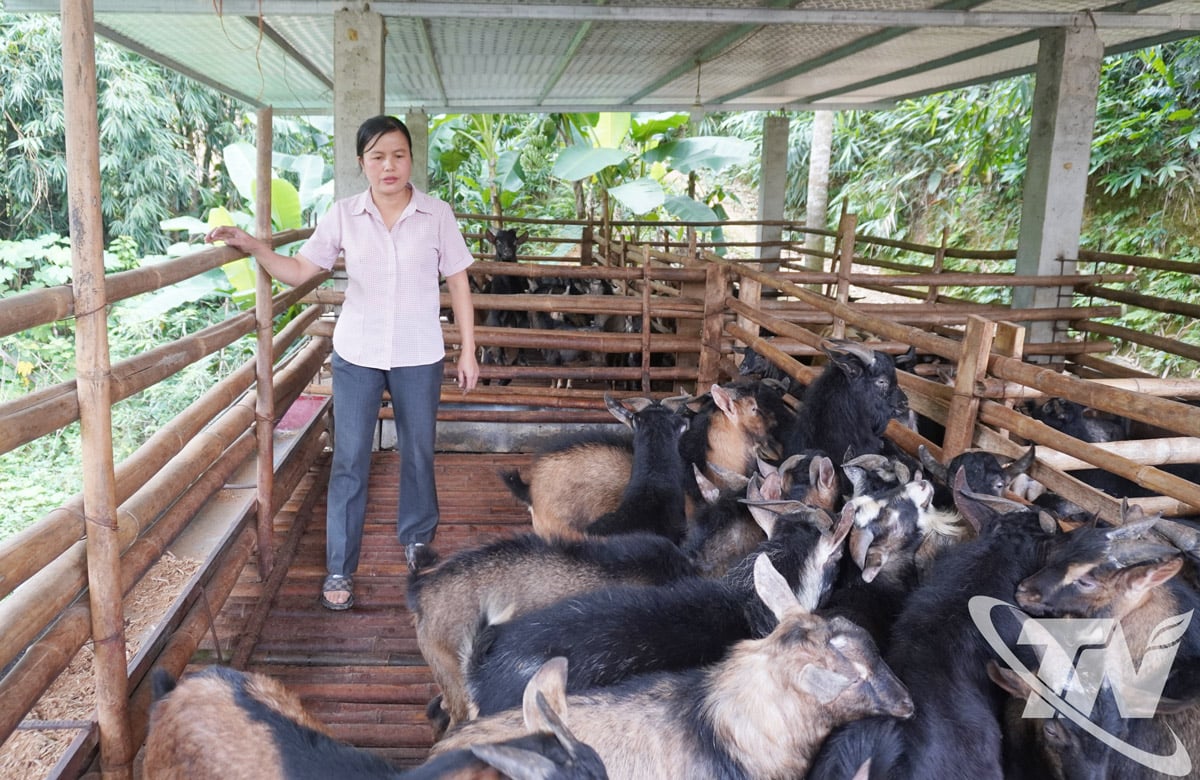 |
| Ms. Hoang Thi Duyen with her herd of goats from the National Target Program for Sustainable Poverty Reduction. |
In 2024, Ms. Hoang Thi Duyen, in Na Nga village, received support to build a new, solid house from the Program to Eliminate Temporary and Dilapidated Houses. Her husband died early, leaving her to raise three children alone. For many years, the mother and children's lives depended on a few acres of garden. The new house is not only a warm home but also a joy and motivation for her to continue to strive in life.
Along with housing support, Ms. Duyen was also given 6 female goats and 1 male goat for breeding from the National Target Program for Sustainable Poverty Reduction and was instructed on care and disease prevention techniques. After just under a year, the herd of goats grew well and gave birth to their first litter. Having a new house, a stable livelihood and receiving enthusiastic help from the government and neighbors, Ms. Duyen has more determination to overcome difficulties and raise her children to adulthood. "Being helped in the most difficult times, I have more motivation to try to rise up" - Ms. Duyen said emotionally.
Yen Phong is a remote commune, with mainly mountainous terrain and difficult transportation. These factors used to be major barriers to socio -economic development, causing the local poverty rate to always be high. However, with the will and determination of the former revolutionary land of ATK, Yen Phong has turned difficulties into motivation to rise up. The steep hilly terrain has now become an advantage for developing planted forests and endemic trees such as cinnamon, tea, medicinal herbs, etc.
From the support capital of national target programs, local Party committees and authorities have directed the integration of many policies to help people develop their livelihoods in accordance with actual conditions. Many models of economic forest planting, goat raising, cinnamon planting, and tea planting have been effectively implemented, creating jobs and stable income for people. Along with that, rural infrastructure such as roads, electricity, and domestic water have been invested, contributing to changing the appearance of the highlands.
Not only stopping at individual support, Yen Phong is aiming for a new way of linking production and creating community livelihoods. In 2024, Na Nga village established a Tea Growing Cooperative with 8 participating households, including poor and near-poor households. Participating in the model, people are supported with seeds, fertilizers, processing machines and technical training.
After half a year, the first tea fields were harvested, bringing in a stable income. “Growing tea is more effective and less risky than other crops. Many households have escaped poverty and their lives have become more prosperous,” said Ms. Ha Thi Hue, Head of the Cooperative Group.
Promoting the potential of forest land, Yen Phong commune focuses on developing forestry and clean agriculture , a sustainable direction in the long-term development strategy. In addition to planting acacia, fat, and cinnamon, people also participate in the FSC sustainable forest management model, with hundreds of hectares certified, opening up opportunities to bring planted forest wood to the international market. Along with that, the model of planting Bo Chinh ginseng is being implemented on 5 hectares, expected to expand by 2 hectares in 2025, promising to bring high economic value.
In parallel with forestry, Yen Phong commune develops organic rice production on a scale of 46.7 hectares, of which 16.7 hectares have been certified, the rest are completing the dossier. Participating in the model, people have switched from small-scale production to process-based production, creating clean products, enhancing the value and reputation of local agricultural products.
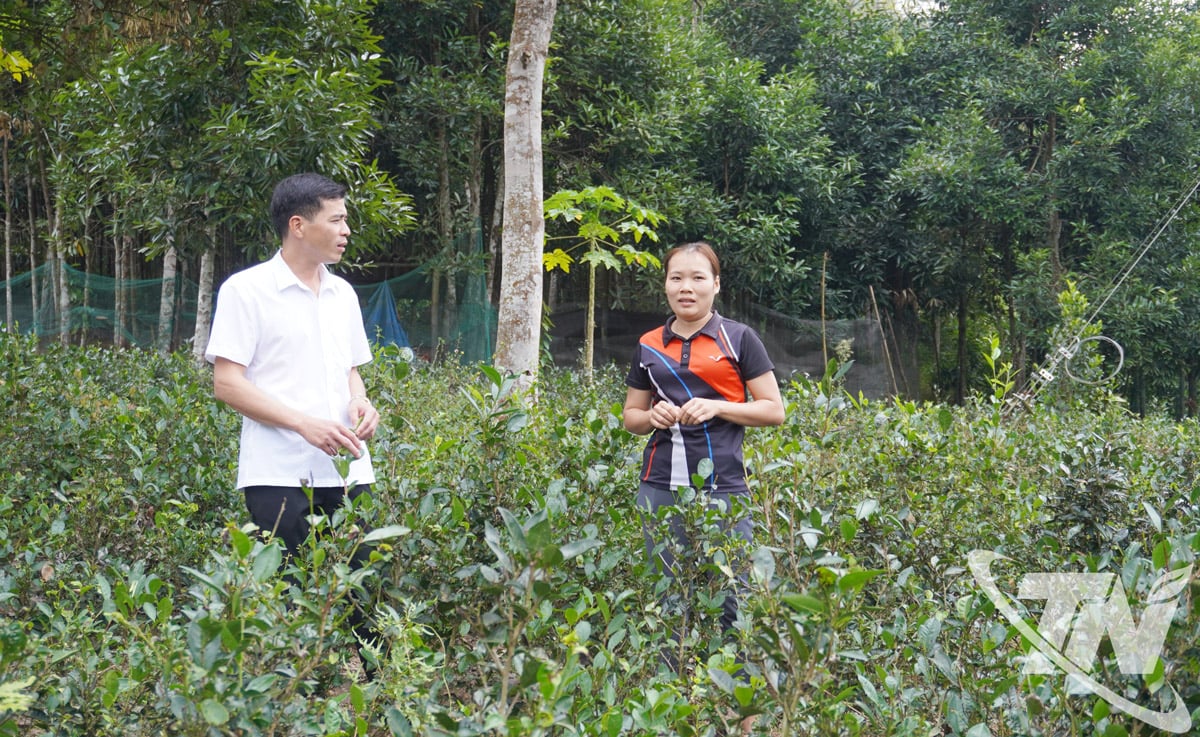 |
| Yen Phong commune leaders inspected the poverty reduction model in Na Nga village. |
Thanks to practical and effective methods, Yen Phong's poverty reduction rate reaches an average of 3-4% per year. The commune has no more hungry households, no households falling back into poverty, and people's lives are improving day by day. Average income per capita increases year by year, and many households have become well-off thanks to the development of forestry and livestock economy.
By 2025, Yen Phong aims to reduce at least 52 poor households and 81 near-poor households, bringing the poverty rate down to about 7.6%. The total capital for implementing the National Target Program on Sustainable Poverty Reduction is more than 2.2 billion VND, of which nearly 1.5 billion VND is for projects on livelihood diversification and poverty reduction model development. The commune also strives to create jobs for 140 workers, with 16 people working abroad for a limited period, a direction that is proving effective in many villages and hamlets.
According to Mr. Ha Van Ham, Vice Chairman of Yen Phong Commune People's Committee, poverty reduction is identified as a key task, requiring the synchronous participation of the entire political system. The commune focuses on developing models suitable to natural conditions and local strengths such as breeding goats, growing tea, producing organic rice and exporting labor. Poverty reduction is not only about support, but also about giving people the opportunity to stand up for themselves.
Thanks to the effective implementation of national target programs, promoting the advantages of hilly land, forests and endemic crops, poverty reduction in Yen Phong has been bringing about clear changes. The consensus of the government and people has helped this remote commune gradually stabilize its life, expand production, create more jobs and income. Yen Phong's aspiration to escape poverty is being realized through practical and effective methods, contributing to changing the lives of the people here.
Source: https://baothainguyen.vn/kinh-te/202511/khat-vong-thoat-ngheo-o-yen-phong-bc877a2/







![[Photo] Da Nang: Hundreds of people join hands to clean up a vital tourist route after storm No. 13](https://vphoto.vietnam.vn/thumb/1200x675/vietnam/resource/IMAGE/2025/11/07/1762491638903_image-3-1353-jpg.webp)


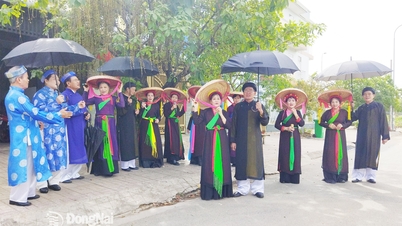

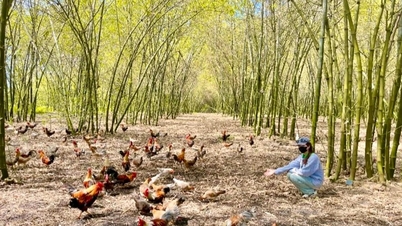

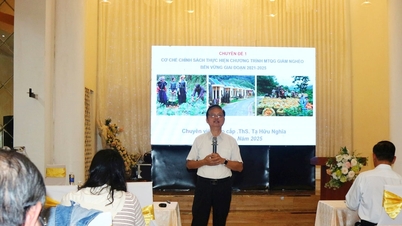
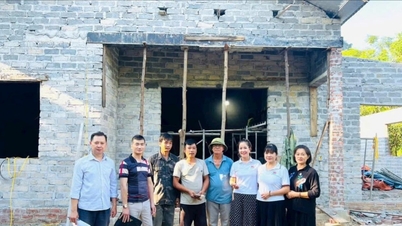

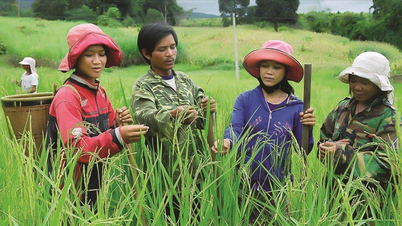



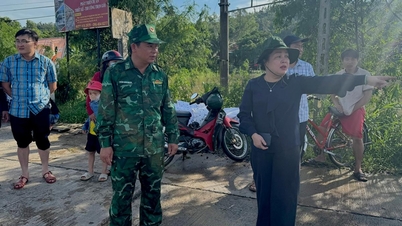

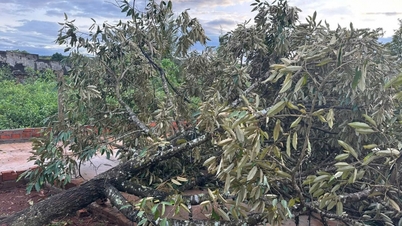


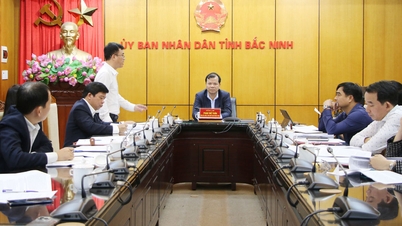

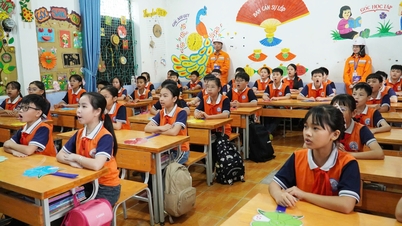
















































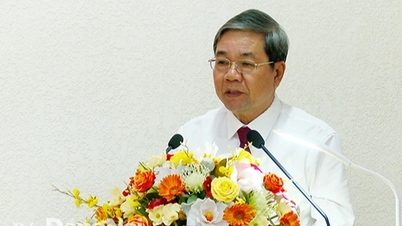
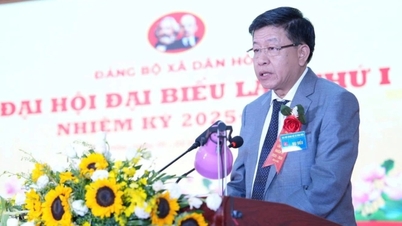



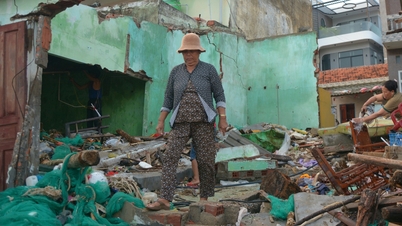











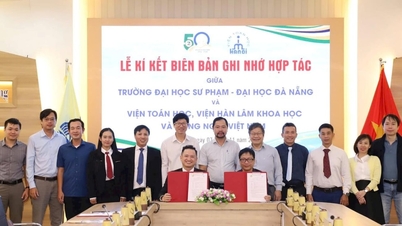

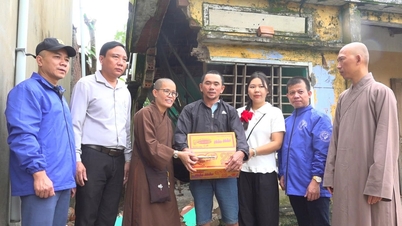
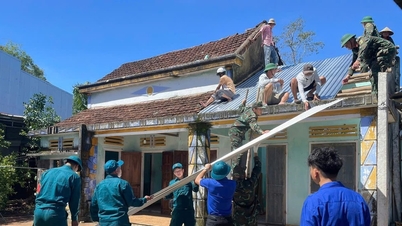
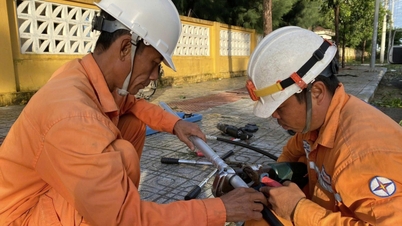












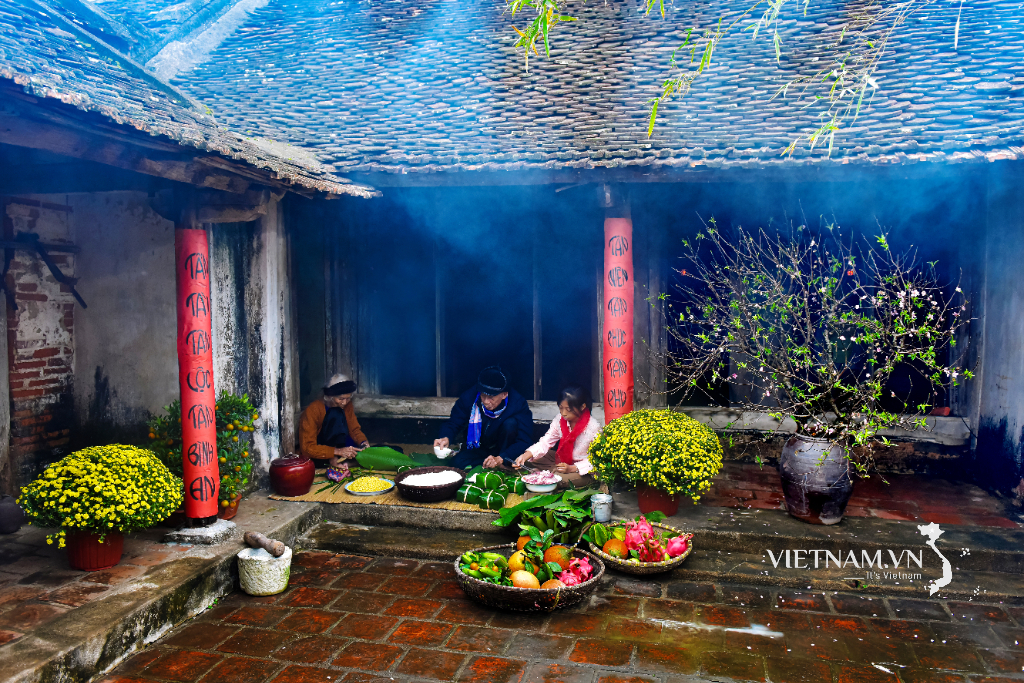



Comment (0)